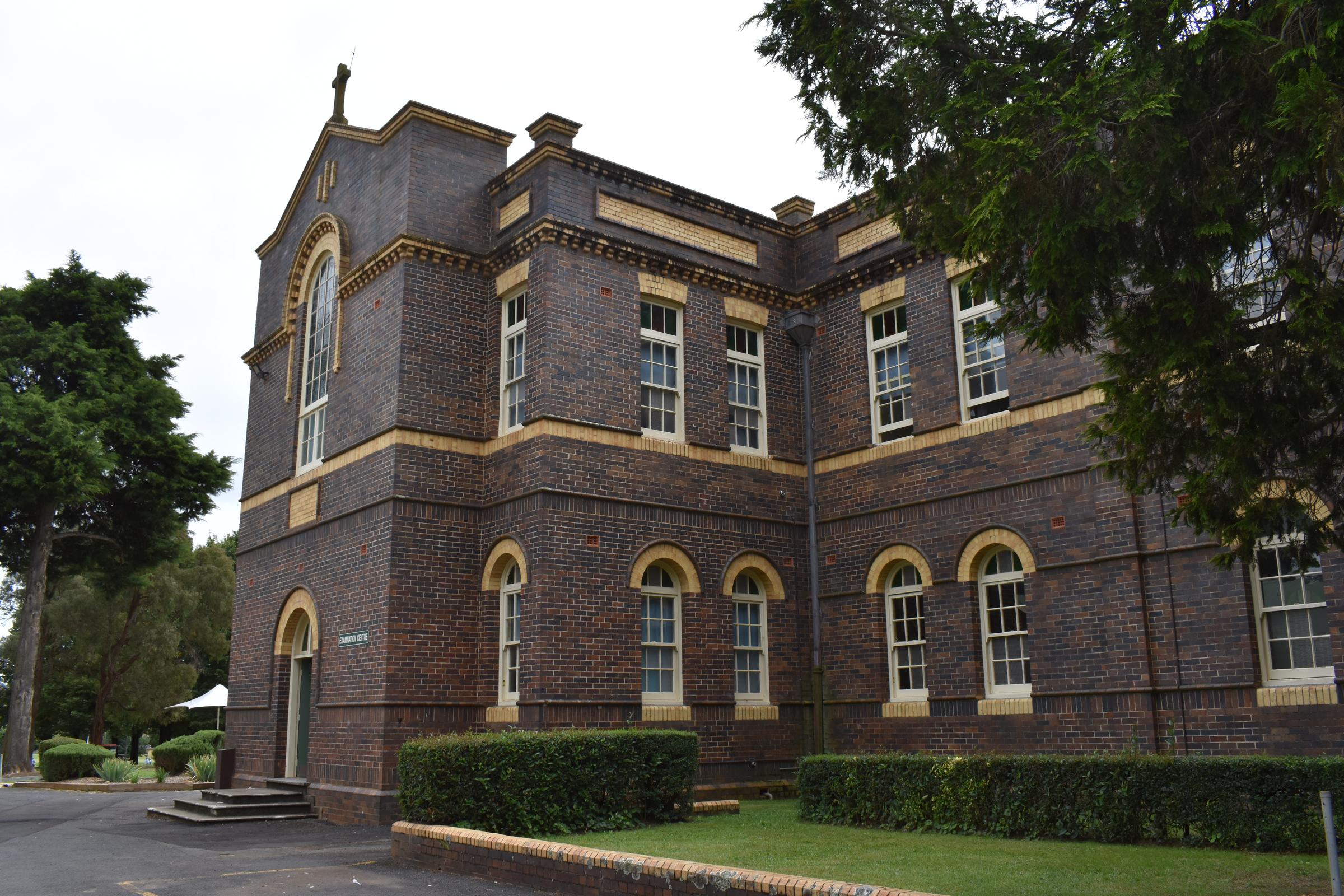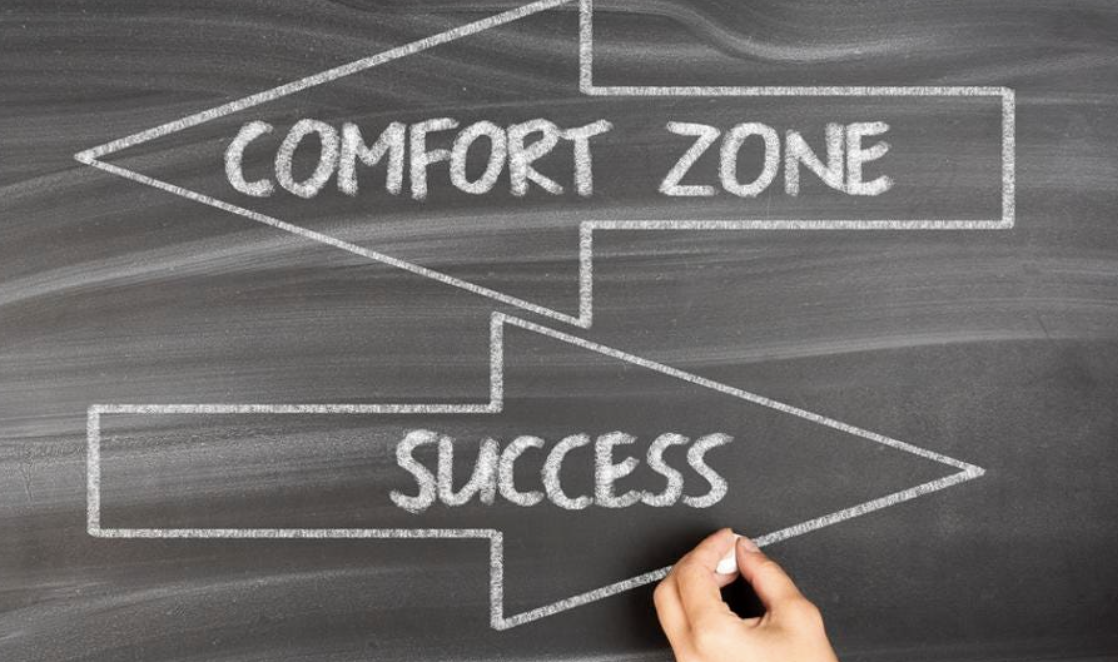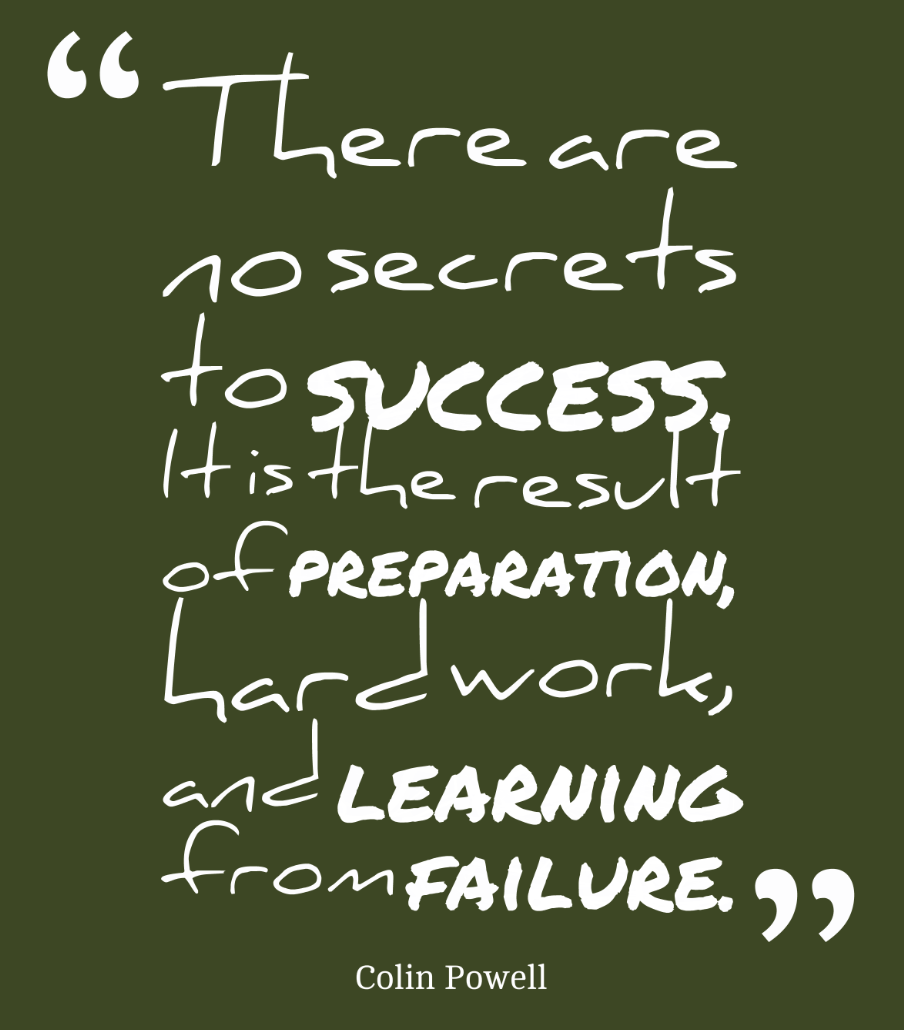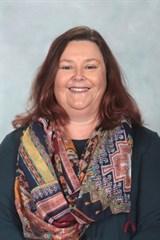Assistant Principal - Curriculum
Mrs Mellissa Bell

Assistant Principal - Curriculum
Mrs Mellissa Bell
We are all learners.
What does success look like? This is such a loaded question, because success is different to each and everyone of us. We all have dreams and passions, we have wants and goals, and many of these things are big picture things that involve lots of hard work and a sense of bravery to dream big. But is it only if we achieve these big things that we can call ourselves successful? This term I have had the privilege of talking to so many students about the pathways for the coming year or chapter of their lives. These conversations generally start with the idea of where have you felt successful in your learning in the past few weeks and what would success look like to you in one year's time. Many dream of big things like getting to university or moving out of home, but they often struggle to identify areas of success in their everyday lives.
Success is defined in the Oxford dictionary as the accomplishment of an aim or goal. So some goals are big to achieve but there is real power in setting a series of smaller goals. Success does not happen overnight and it never happens with a sense of ease. Success takes hard work, commitment and courage to make mistakes and to try again. Many of our students have been setting small SMART goals all year and have worked with their PAC teachers to create these goals and then to reflect on them. As we begin to move quickly towards the end of the year it is important to encourage your students to take time to reflect on their year - where they have found some success, where they have faced some challenges but also to reflect on the impact of their behaviours in the classroom on their learning and how they might approach the coming year with the want to be successful.
Learning is hard. It takes a sense of commitment to being a risk taker, to getting actively involved in the work, to participate in class discussions. It also means getting involved in all the other activities that are arranged such as camps, reflection days and other cultural activities. Learning happens inside the classroom, but often the biggest learning occurs outside it, in places where we are out of our comfort zone, being challenged in ways that involve all domains of being an active person - the brain, all our senses, our social skills and our skills of communication. We have two year groups beginning to prepare to head off out of the school to engage in such challenges. Year 9 are heading off to Lake Keepit to face some big mental and physical challenges and Year 11 are off to Sydney for a retreat and to experience and explore other religious cultures. Having such opportunities reappear in our school calendar after 2 years of covid and restrictions is really exciting, we just need to encourage them to get out of their comfort zone and get engaged.


In the classroom we have a small literacy focus in Year 8. This initiative is across all subjects and is focused on encouraging students to engage in thinking about their learning and ways to demonstrate their responses to a stimulus. This small project has become evident in PAC of a morning and across the school each morning in period 1. Students are seeing success in small but meaningful increments and are learning to engage in reading and writing and how to level up their work. The learning is the focus and students see the need to keep this at the centre of their day. They are also beginning to identify what success in learning looks like and what steps they need to take to get there.


Learning is the heart of our school - it is everyone’s job!
Mellissa Bell
Assistant Principal - Curriculum (Acting)

